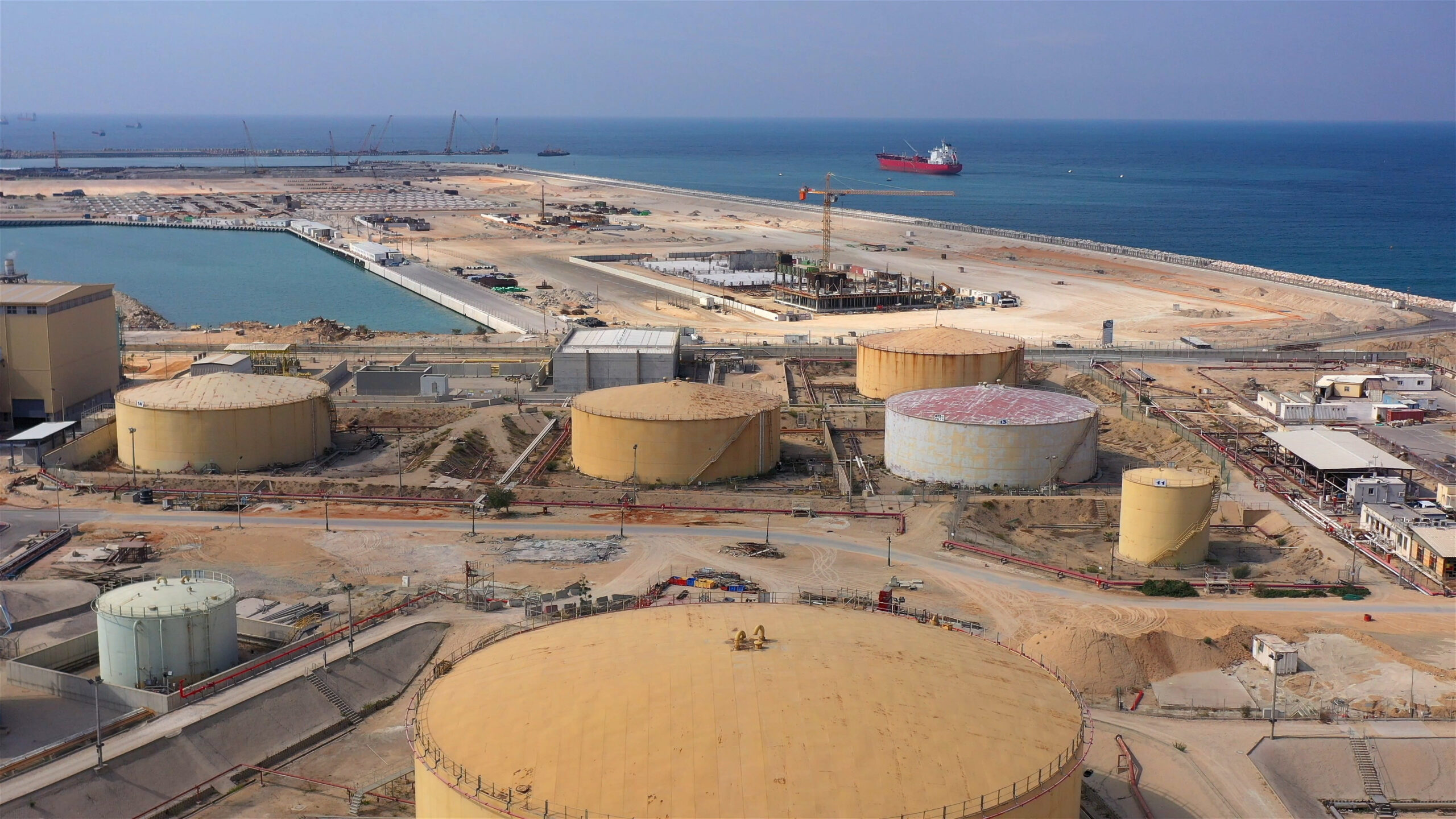Israel Gaza war: Middle East diplomacy a mixed bag
The Gulf states remain relatively insulated from the Israel Gaza war, but heightened geopolitical tensions come as governments try to attract foreign direct investment.

The first three quarters of 2023 were characterised by easing tensions and more constructive diplomacy in the Middle East and North Africa, but as 2024 opens, the diplomacy picture is a mixed bag that some analysts view as fraught with risk.
Israel’s retaliation on Gaza after the October 7 attack by Hamas has killed over 24,000 people in Gaza and displaced 2.3 million people, destroying more than half of the infrastructure and housing. There are scant signs that the destruction is coming to an end soon.
“The war is already weighing on the region’s economic landscape,” Hamish Kinnear, Senior MENA Analyst at risk intelligence company Verisk Maplecroft, told Gas Outlook. “In North Africa, government borrowing costs are set to increase amid rising political risk premiums.”
The Gulf states remain relatively insulated from the Israel Gaza war, but heightened geopolitical tensions come as governments across the region seek to double-down on efforts to attract foreign direct investment. Despite strong economic fundamentals across the Gulf states, there has been a downwards trend on stock markets in Saudi Arabia, Dubai and Abu Dhabi, with the perception that geopolitical risks are increasing, Kinnear said. Egypt and Jordan’s tourism sectors are also facing downwards pressure.
Whether or not this will translate into fewer energy investments into the region is a question mark.
“Oil companies have always invested in conflict-ridden countries and know how to invest despite conflict,” Camille Ammoun, a Beirut-based independent policy advisor, told Gas Outlook.
Ammoun said that the biggest deal delay has been the cargo route from Dubai to Haifa, which will now be postponed by many years and would have been a competitor. The land bridge would have connected the UAE through Saudi Arabia and Jordan to Israeli ports.
Israel and Saudi Arabia were on the brink of signing the cargo deal agreement, but cooperation between the two countries in light of the current offence in Gaza would not be well-received by Saudi Arabia’s population, which firmly opposes the actions of the Israeli government.
Energy security ‘business as usual’?
On the energy security front, analysts are monitoring the Tamar gas field offshore Israel, which had to shut shortly after fighting began but was then restarted in November, Chevron said. Currently, Israel supplies almost all of Jordan’s gas via a deal with Noble Energy. The deal lasts for 15 years from 2016.
In the short-term, the biggest risk would be the potential for pipelines to be damaged in some way. Jordan said it has around 60 days’ supply of natural gas as reserves and it also has an LNG terminal with supply deals from Israel in case pipeline supplies were compromised. In Egypt, Israel supplies roughly 5% of gas, but it is all piped. So far, fighting has been confined to the south of Lebanon.
In the medium- to longer-term, the risks are that regional alliances or diplomatic advances regress. If Israel’s offensive on Gaza continues, regional security and the geopolitical outlook could worsen and compound the financial challenges that the region is already facing.
Jordan’s energy minister met with Qatar’s energy minister in December as concerns about regional energy security continue.
“I think [Jordan’s criticism of Israel] is lip service that Jordan has to give to its population and the Israel government knows that,” Ammoun told Gas Outlook. “There’s not been a major shift between the relationship of the two.”
Indeed, Israel was taken to the International Court of Justice by South Africa earlier this month, accused of breaking the Geneva genocide convention. The Arab League expressed its support for the hearings but only after they had already begun, prompting some commentators to note that Arab support for the Palestinian cause has waned in recent years.
In the Levant, Israel and Lebanon reached a deal earlier in the year, brokered by the U.S., to resolve a decades-long law of the sea dispute, which would include solutions for resource management and governance. But the Israel Gaza war risks triggering hostilities between Israel and Lebanon and could undermine that agreement.
Climate drops on government agendas
Meanwhile, the region continues to be a hotspot for climate-related impacts over the next year, and tackling or preparing for water scarcity is a major priority. Many of the major government budgets for 2024 which have been publicly announced make special mention of water scarcity, but broadly-speaking the Israel Gaza war does not bode well for climate progress in the region.
“War is never good for climate action, firstly because of the climate impact of the war and its carbon footprint, and secondly because it pushes climate action back in the policy agenda of the countries,” Ammoun told Gas Outlook.
The outcome of last December’s COP28 is unlikely to have any material impact on investment into the region’s renewable energy sector, Ammoun added, and the phrasing in the final COP text left plenty of room for natural gas to be interpreted as a transition fuel.
